Paul Robeson and "Here I Stand"
This Saturday, The Washington Chorus and National Symphony Orchestra are performing a brand-new work called “Here I Stand” about the life and work of Paul Robeson, by composer Carlos Simon and librettist Dan Harder. It’s a part of the concert, Echoes of America, a presentation of songs and stories that celebrate and challenge the American narrative
For those who don’t know, Paul Robeson was a world-famous African American Renaissance man, who was a scholar, actor, singer, lawyer, all-American athlete, staunch labor advocate, and civil rights activist. He rose to prominence in the first half of the 20th century at a time when racism, corporate greed, and anti-communist sentiment were rampant in the United States, and unfortunately, all of which contributed to the effective end of his career. Trying to fit his life into a short blog post is truly an impossible task, so be sure to peruse the sources, videos, and further reading included below.
While there isn’t enough time to delve into everything Robeson was and did here, there is a somewhat local and unexpectedly topical connection worth sharing. In 1977, a new one-man play titled Paul Robeson, by Phillip Hayes Dean that starred James Earl Jones mounted its pre-Broadway production at the National Theatre here in DC. Jones did an in-depth interview about it with WETA at the Kennedy Center while it was in production. Because Jones had known Robeson and met with him several times before Robeson’s death, he was particularly excited to bring him to life on stage, albeit apologetic about not being much of a singer.
“I might get away with something because I don’t even try to pretend to be a singer. So it leaves me free to just do what I can do, and if I fall off key, I don’t know it. So it doesn’t bother me! And for those people who know and love music, I’m very sorry.” - James Earl Jones, Washington DC, 1977
Unfortunately, many members of the Black community did not share his excitement for the production. Prior to its premiere on Broadway in 1978, 56 prominent African Americans, including Paul Robeson’s son, paid for a full-page ad in Variety condemning the production, for being insufficiently complex and watered down. News reports determined that some of the signers had not read or seen the play but had acted in deference to the Robeson family. Yet the playwright, Phillip Hayes Dean, was clearly heartbroken and frustrated by the protest, feeling that his own Blackness was being questioned by the signers of the letter. While he continued writing, he never wrote or produced another play, and subsequent Broadway revivals proceeded without protest in 1988 and 1995.
“I’m as black as anyone in this room. You have no right to say I am involved in some kind of a conspiracy to distort Paul Robeson.” - Phillip Hayes Dean, Washington DC, 1977
Yet nearly 50 years later, the danger surrounding Paul Robeson’s legacy isn’t how it’s being portrayed, but more so that it’s being forgotten. That’s one of the reason’s this upcoming performance is so important.
Unlike other attempts to represent Paul Robeson in his entirety (how can one possibly encapsulate all that he was and did?) “Here I Stand” focuses on perhaps the most complicated element of Paul Robeson’s life: that even after all he did for so many marginalized people, using his fame as a performer to serve as a voice for those without one, that he still never felt like he did enough. The music and libretto highlight those doubts and moments of great trial and triumph, including performances in Sydney, Australia for labor workers, his testimony in front of the House Committee on Un-American Activities, and so much more.
Despite Robeson’s fears and feelings of unfinished business—and perhaps because of them—we want to ensure that everyone knows the incredible work that he did, and its incredible cost. If you can, we’d love to see you for the premiere of this fantastic work on Saturday. And even if you can’t, take some time to learn more about who Paul Robeson was and the impact he had on people around the world throughout his life.
Further Reading:
1977 WETA Interview with James Earl Jones, published in The Carolina Times (1978)
Here I Stand, autobiogoraphy by Paul Robeson
“Paul Robeson Jr., protector of father’s legacy, dies at 86”, The Washington Post (2014)
“Phillip Hayes Dean, the Playwright of Divisive ‘Paul Robeson,’ Dies at 83,” The New York Times (2014)
“Stage: James Earl Jones as Robeson,” The New York Times
Videos and Audio:
“Paul Robeson's many faces get new spotlight in recording premiere.” (2024), NPR
Paul Robeson sings for the workers at Sydney Opera House (1960)
Paul Robeson Testifies Before HUAC (1956), Dramatized by James Earl Jones
Full Transcript Here
Paul Robeson (1979), TV Movie, starring James Earl Jones
Paul Robeson: The First Black Star (2017), TIFF Originals
Ol’ Man River (1936), Showboat
Paul Robeson: Scandalize My Name - Documentary Preview
Scandalize My Name: Stories from the Blacklist (2004), Full Documentary






















